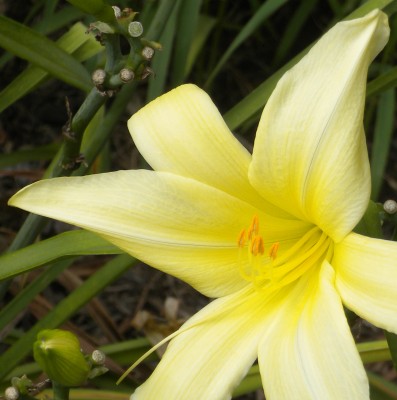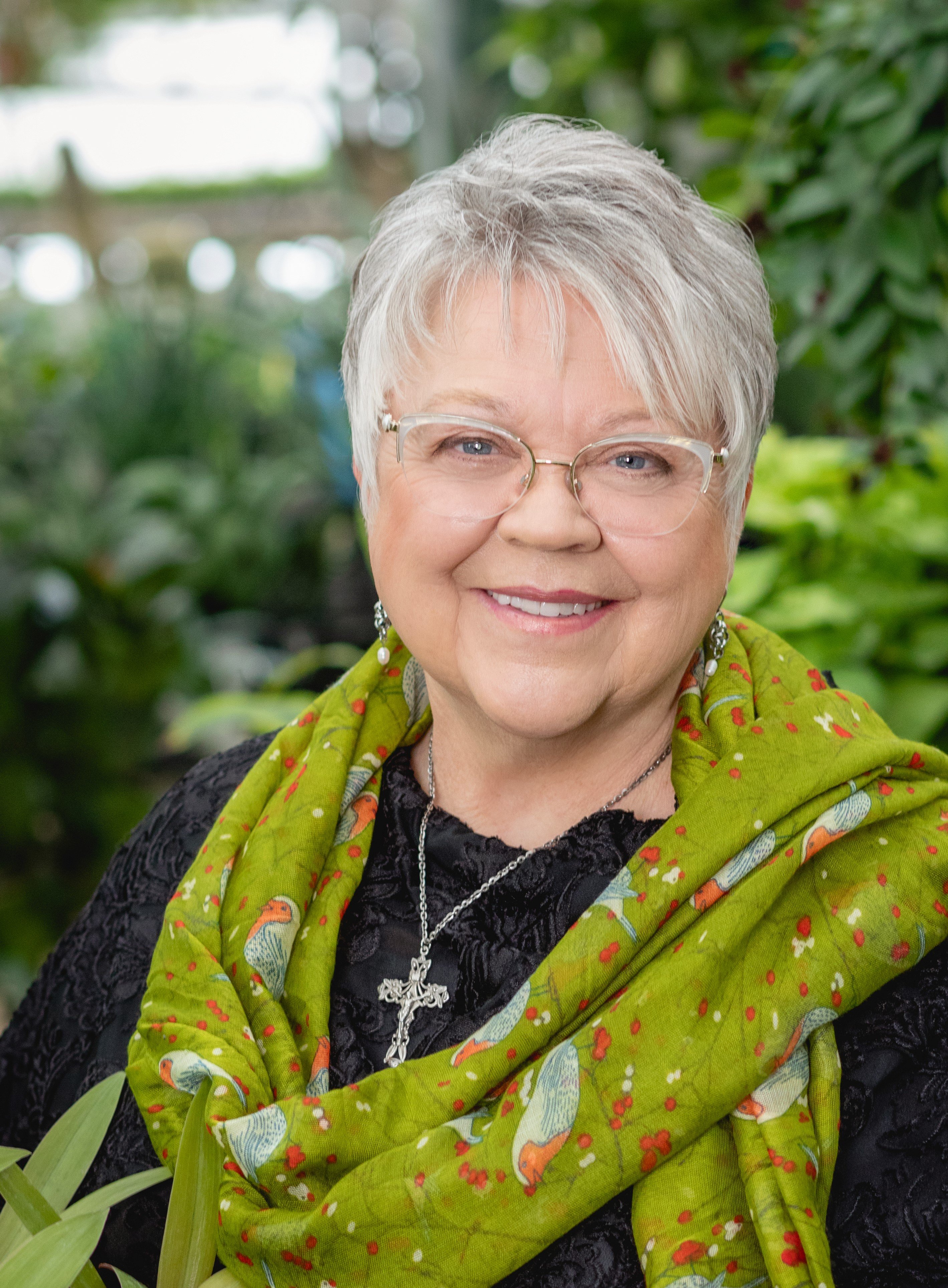 A Range of Diversity. Image by Margaret Rose Realy, Obl OSB. All rights reserved.
A Range of Diversity. Image by Margaret Rose Realy, Obl OSB. All rights reserved.
I’ve been pulling weeds and took note of their diversity, growth pattern and required habitat to flourish. Some were shallow rooted, prolific and easily removed. Others like the dandelion and common mallow, though fewer, had deep tap roots requiring I take more time to extricate.
Then there were the pretty little weeds with little blue flowers that crept along the ground almost like a lace doily. I noticed the Purple Deadnettle overtakes areas that are rich and fertile. For some species it didn’t seem to matter where they grew, being nonselective of light or shade.
I pulled out the weed identification book and found over 400 listed for my region and never realized how many of them are familiar.
I started to think about all the parables that told of how we need to weed out sins in our lives, to uproot what was opposed to beauty. None of those parables seemed to fit the spirituality of my gardening this day. It was more about the diversity.
I thought about the pretty little sins that creep into our lives and seem so innocuous, about how some of our poorer choices run deep and take a great deal of effort to overcome. There are those mistakes that we make over and over and over again that are like Quack Grass with its creeping rhizomatous root system nearly impossible to eradicate, popping up everywhere, laying hidden just underneath the surface. If we deny the pervasiveness of this weed and pull at it like a young seedling it will snap off and to grow again. If it remains unattended to, it spreads exponentially, becoming imbedded throughout the garden.
The Catechism tells us that, like my weeds, sins are diverse, spreading, and can become imbedded in the soil of our souls. We read in CCC: 1853 “Sins can be distinguished according to their objects, as can every human act; or according to the virtues they oppose, by excess or defect; or according to the commandments they violate. They can also be classed according to whether they concern God, neighbor, or oneself; they can be divided into spiritual and carnal sins, or again as sins in thought, word, deed, or omission. The root of sin is in the heart of man, in his free will… But in the heart also resides charity, the source of the good and pure works, which sin wounds.”
We can see by this reading that there are many ways to hide the beauty of who we are. The root of sin, the roots of weeds; both left unattended hide the splendor of our gardens.
When we look to the garden that is our soul, we become aware of the habitat in which sins can grow and our need to be mindful of the tangled mess that can result if offenses are left unattended. No matter how careful I am at weeding my garden, it is an ongoing challenge to keep things in check. Being attentive does not mean weeds will not come, it only means we can dispatch them more quickly. So true of our souls as well.
Copyright 2012 Margaret Rose Realy
Read more reflections and prayers by Margaret Rose Realy, Obl OSB, at Morning Rose Prayer Garden, on Patheos Catholic channel.
About the Author

Margaret Rose Realy, Obl. OSB
Margaret Rose Realy, Obl. OSB lives an eremitic life and authored A Garden Catechism, A Catholic Gardener’s Spiritual Almanac, A Garden of Visible Prayer: Creating a Personal Sacred Space One Step at a Time, and Cultivating God’s Garden through Lent. An award-winning author, Margaret has a master’s degree in communications, is a Certified Greenhouse Grower, Master Gardener, liturgical garden consultant, and workshop/retreat leader.


.png?width=1806&height=731&name=CatholicMom_hcfm_logo1_pos_871c_2728c%20(002).png)
Comments